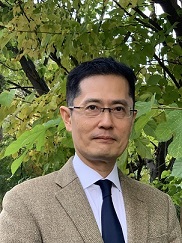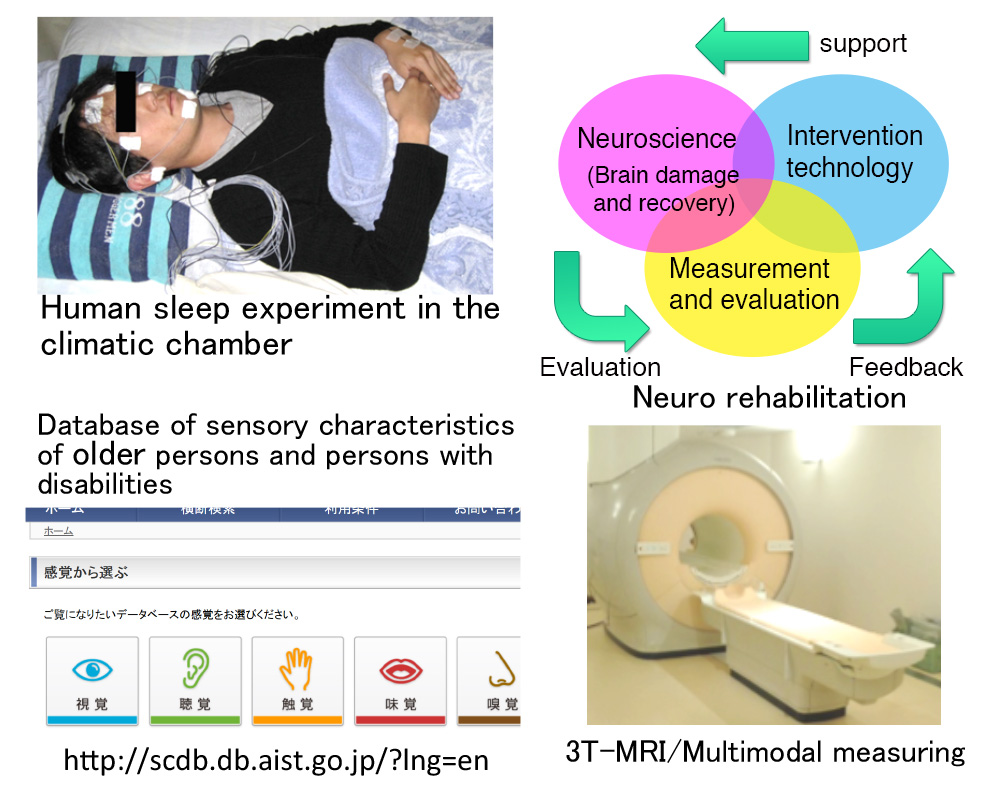Director

Director
The rapid evolution of information and communication technologies has connected and interacted with everything from information, people, organizations, and logistics. As a result, the process of knowledge and value creation is changing, and the structure of society and the economy is transforming. On the other hand, there is no doubt about the fact that technology based on knowledge of human characteristics and taking human characteristics into account will create high value-added products and services. This is because it is people who use information and communication technologies. As information and communication technologies evolve, the importance of research and development that knows humans
and makes use of humans
will increase. The Human Informatics and Interaction Research Institute contributes to create products and services that enrich people's lives through the identification of human psychological and physiological characteristics, research on technologies based on human characteristics, and the circulation of data between people and objects. Specialists in psychology, physiology, biomedical engineering, ergonomics, mathematical science, and informatics will achieve this aim through interactions in their fields of expertise.
Introduction
Technology for Human Life and Neuroscience

In order to provide safe, secure, healthy and comfortable living in a sustainable society, it is important to understand the interactive relationships between people and the adequate products or/and the living environment. We have been developing technologies that comply with various human functions, neurophysiological systems, and biomedical properties, by integrating relevant knowledge with data acquisition and analysis.
We focus on the following areas: (1) measurement and assessment of cognitive function, (2) psycho-physiological adaptability to environmental change, (3) recovery or substitution of lost abilities, and (4) technology to facilitate independence for the elderly and disabled. We also contribute to support Japanese Industrial Standards / International Standards, and to build the guidelines for designing industrial products and assistive medical devices.
New projects are forthcoming, including neuro-rehabilitation technology based on neurological mechanisms, communication technology via direct connection between brain and machine (brain-machine interface), and fundamental technology to connect medical devices to clinical information networks (IoT, Internet of Things).
Research groups
Please see the page of Structure.

 Japanese
Japanese